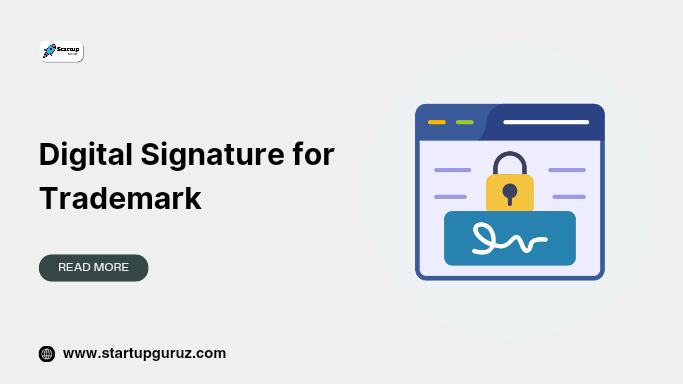Digital Signature for Trademark
Digital Signature for Trademark: Ensuring Security and Authenticity
In the digital age, Trademarks hold immense value for businesses. They represent brand identity, reputation, and trustworthiness. As more transactions and interactions occur online, ensuring the security and authenticity of trademarks becomes crucial. This is where Digital signatures come into play.

Understanding Digital Signatures for Trademarks
Digital signatures serve as electronic counterparts to traditional handwritten signatures. They provide a secure way to authenticate documents and ensure their integrity. When applied to trademark-related documents, digital signatures offer several benefits:
- Authentication: Digital signatures verify the identity of the signer, ensuring that the document comes from a trusted source.
- Integrity: They guarantee that the document has not been altered or tampered with since it was signed.
- Non-Repudiation: Signers cannot deny their involvement or the contents of the document, enhancing accountability.
- Efficiency: Digital signatures streamline the signing process, eliminating the need for printing, scanning, and mailing physical documents.
- Legal Compliance: Many jurisdictions recognize digital signatures as legally binding, making them suitable for trademark-related transactions.
FAQs about Digital Signatures for Trademarks
- What types of trademark-related documents can be signed digitally?
- Applications for trademark registration, renewal, assignment, and licensing can all be signed digitally.
- Are digital signatures legally valid for trademark purposes?
- In many jurisdictions, including India, digital signatures are legally recognized for various transactions, including those related to trademarks.
- How secure are digital signatures?
- Digital signatures use cryptographic techniques to ensure security. They are highly secure and tamper-evident.
- Do I need special software or hardware to create digital signatures?
- Yes, you need digital signature software or hardware tokens to create and apply digital signatures.
- Can digital signatures be used internationally for trademark purposes?
- Yes, digital signatures are accepted for trademark-related transactions in many countries, facilitating international trade and commerce.
- Are there any specific requirements for using digital signatures for trademarks?
- Some jurisdictions may have specific requirements regarding the use of digital signatures. It’s essential to familiarize yourself with the regulations in your jurisdiction.
- How do I obtain a digital signature for trademark purposes?
- You can obtain a digital signature from certified authorities or vendors who provide digital signature certificates (DSCs).
- How long does a digital signature remain valid?
- The validity of a digital signature depends on the type of certificate and the issuing authority. Typically, they have a validity period ranging from one to three years.
- Can digital signatures be revoked or invalidated?
- Yes, digital signatures can be revoked or invalidated under certain circumstances, such as if the private key is compromised or if the certificate expires.
- What are the costs associated with obtaining a digital signature for trademarks?
- The costs vary depending on the type of certificate, validity period, and issuing authority. It’s advisable to compare prices from different vendors before making a decision.
In conclusion, Digital signatures play a crucial role in ensuring the security, authenticity, and legality of trademark-related documents. By embracing digital signatures, businesses can streamline their trademark processes while enhancing security and compliance.